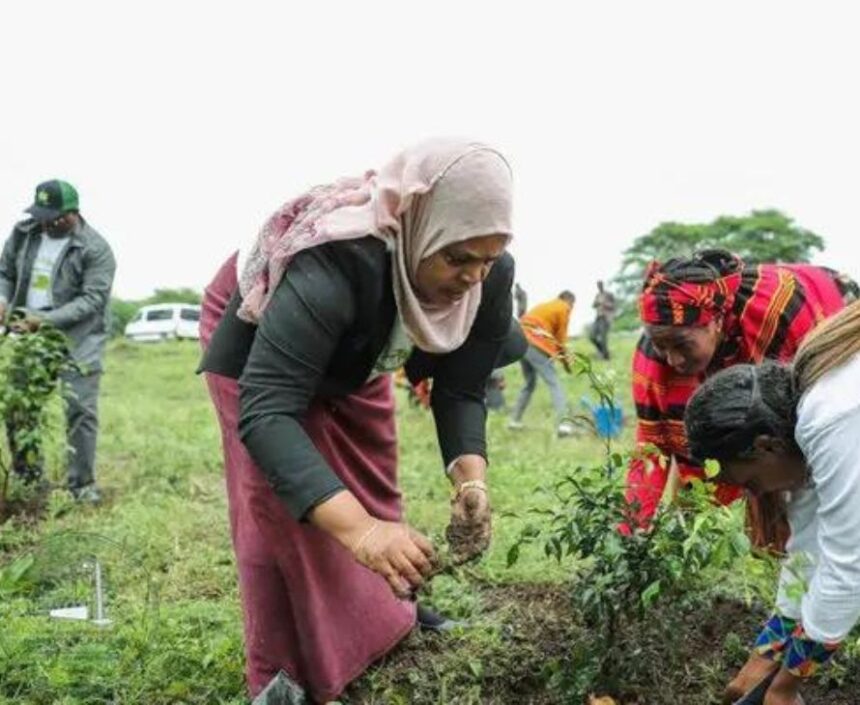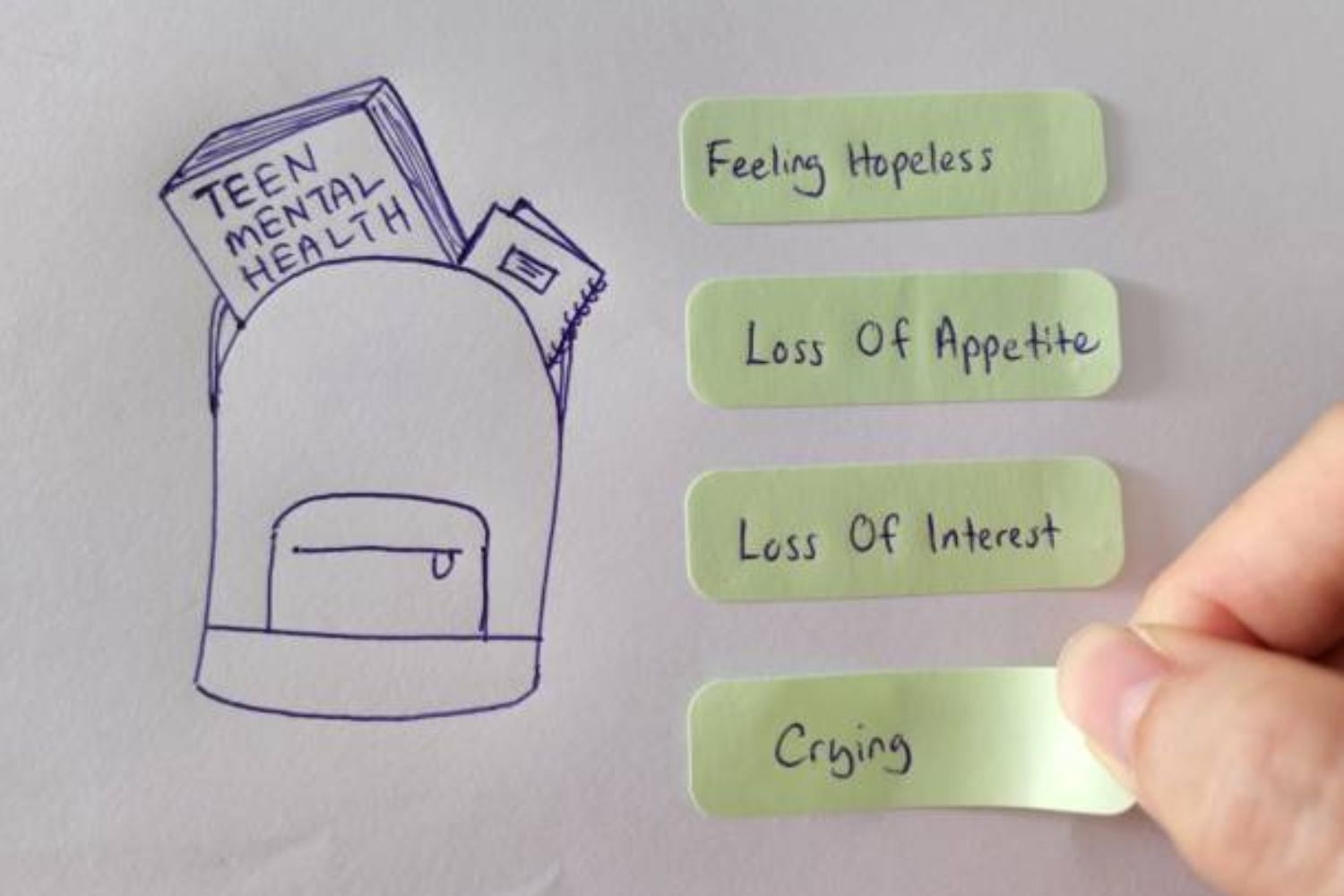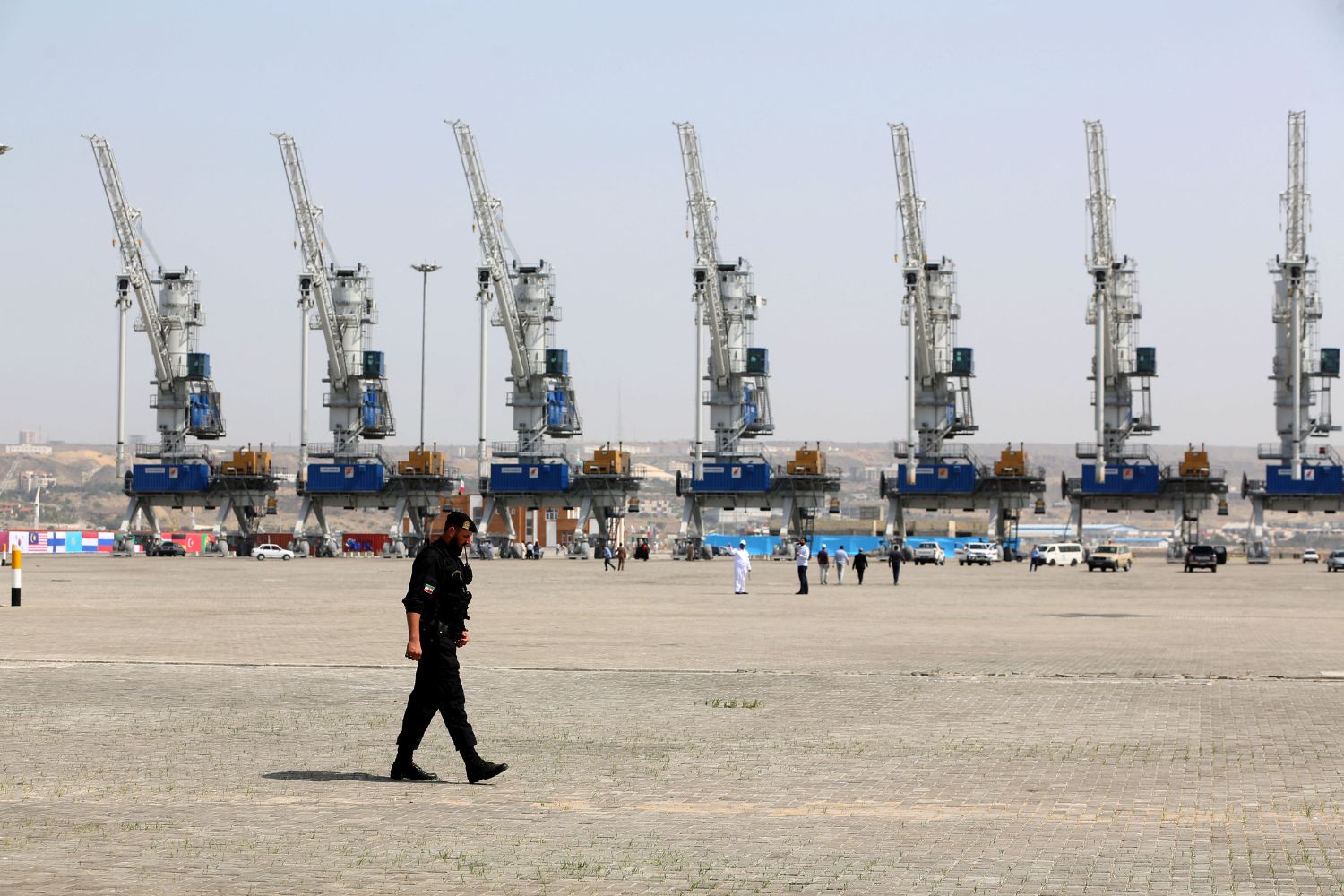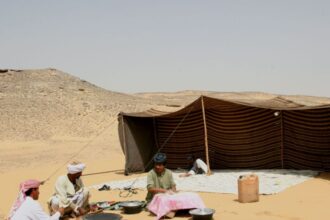Addis Ababa is taking a significant step forward in its commitment to sustainable forestry and climate resilience by seeking enhanced cooperation with the BRICS+ nations. This follows Ethiopia’s recent participation in a BRICS-led discussion on climate change and a just transition at the African Union (AU). The event highlighted the country’s determination to work collaboratively with other BRICS+ countries, aiming to tackle the pressing climate challenges facing Africa today.
Jafar Bedru, the Executive Director of the Institute of Foreign Affairs, emphasized the importance of Ethiopia’s membership within the BRICS+ framework. According to Bedru, this partnership offers a unique opportunity for Ethiopia to tap into the collective expertise, knowledge and experience of BRICS+ countries in the areas of sustainable forestry and reforestation. He stressed that Ethiopia is particularly keen on learning from the successes and best practices of other countries to bolster its own reforestation efforts and contribute meaningfully to combating climate change.
Ethiopia has been actively engaged in various reforestation initiatives, demonstrating a solid commitment to building a greener and more sustainable future. However, Bedru acknowledged that achieving large-scale reforestation goals and implementing effective climate-resilient strategies required collaboration and support from other nations. He noted that the partnership with BRICS+ could significantly enhance the country’s ability to implement climate-resilient and low-carbon development strategies, especially those aligned with the AU’s Agenda 2063. This agenda aimed to transform Africa into a global powerhouse with sustainability and climate resilience as central components.
The recent workshop, as reported by the Ethiopian News Agency, provided a platform for Ethiopia and other BRICS+ countries to engage in meaningful discussions on climate change measures and the just transition agenda. It drew a diverse group of participants, including Evgeny Terekhin, the Russian Ambassador to Ethiopia, representatives from BRICS+ think tanks, AU officials, and various researchers.
For Ethiopia, sustainable forestry and reforestation are not just environmental concerns but are deeply intertwined with the country’s socio-economic development goals. Forests play a crucial role in supporting livelihoods, protecting biodiversity and regulating the climate. Recognizing this, the country has set ambitious targets for reforestation, aiming to restore millions of hectares of degraded land. By aligning with the BRICS+ countries, the Ethiopian government can access valuable insights and resources that will help accelerate its progress toward these goals.
BRICS+ nations, in their individual capacities, have shown notable progress in sustainable forestry and reforestation efforts. Brazil has had success in reducing deforestation in the Amazon and India’s large-scale tree planting initiatives offer valuable lessons for Ethiopia. Such a partnership also opens avenues for technology transfer and financial support, both of which are critical for Ethiopia’s climate resilience journey. By working closely with Brics+ countries, the country can leverage advanced technologies in forest management, carbon sequestration and sustainable land use planning.
Furthermore, the BRICS+ collaboration could facilitate access to climate finance, enabling Ethiopia to scale up its reforestation projects and contribute more effectively to global climate action. In essence, Ethiopia’s pursuit of cooperation with BRICS+ on sustainable forestry and climate initiatives is more than just an environmental agenda; it’s a strategic move toward ensuring a just and inclusive transition for its people.
By building strong partnerships, sharing knowledge, and implementing effective strategies, the country is positioning itself to be at the forefront of Africa’s climate resilience efforts. This approach not only benefits Ethiopia but also contributes to the broader goal of achieving sustainability and climate justice across the African continent.
ALSO READ: Enhance sustainability and reduce emissions














Your point of view caught my eye and was very interesting. Thanks. I have a question for you.
I don’t think the title of your article matches the content lol. Just kidding, mainly because I had some doubts after reading the article.